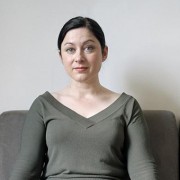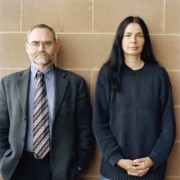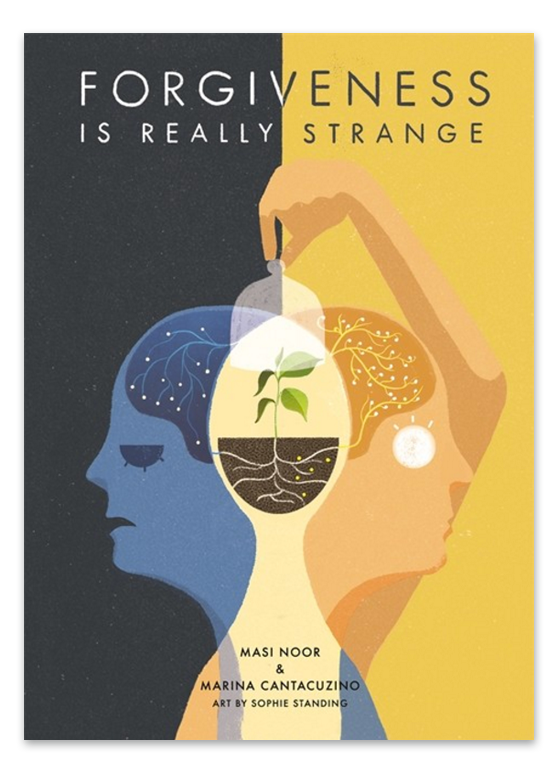Curiosity & Courage:
The skills of looking beyond yourself
“You can never cross the ocean unless you have the courage to lose sight of the shore.”
Andre Gide
Generate curiosity to correct stereotypes.
The benefits of the other skills in the tool-box can be honed partly by developing the skills of curiosity. To develop a sense of wanting to find out more about the ‘enemy’ requires one to go beyond oneself and one’s existing knowledge. It also requires an acceptance that one’s knowledge of the world as well as its sources are imperfect, limited and in need of expansion. Such expansion can be implemented by developing a desire to reach out and add to or revise one’s existing knowledge. It is also possible to gain further understanding of one’s own suffering and the circumstances that led to it by generating curiosity to find out who the enemy group really is. Such curiosity often generates a motivation to engage with the other group, which in turn creates opportunities to correct one’s stereotypes of the other group.
Be courageous.
In tandem with the skills associated with curiosity, the skills of developing courage to engage and potentially meet with the person who is responsible for one’s suffering may be required. One way of developing courage is to become aware that the adversary might have to go through a similar courage-generating process full of its own challenges and that they could have opted for ‘easier’ options (e.g. avoidance, offers of pseudo-apologies).

Image by Kathryn Siveyer
Quotations from the real life stories:

‘I don’t see it as my place to forgive the act, yet I am compelled to understand – to offer an open heart, to try to hear and ask ‘Why?’’.’

‘In our first meeting I was terrified…but I wanted to acknowledge the courage it had taken him to meet me’

‘The first time I met with Combatants for Peace I was very suspicious. As I passed the green line into Palestinian territory without a military jeep as backup, I feared for my life. I had, after all, been taught that all Palestinians spend their time making bombs. I soon realised, however, that the Palestinians I was about to meet were also afraid of me. They told me later that they thought I was from the secret service.’


